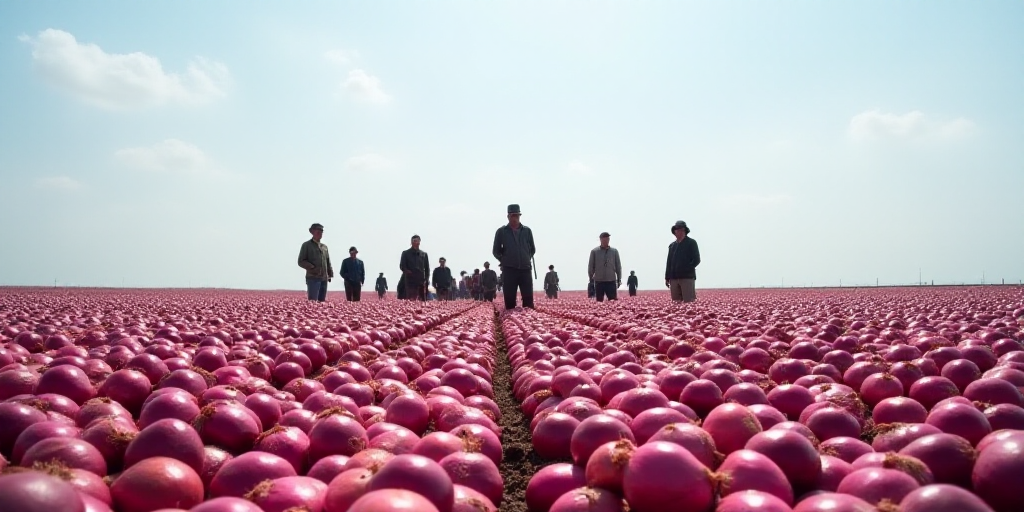Background and Relevance of the Mexican Tomato Industry
The United States International Trade Commission (USITC) is currently evaluating the possibility of revising anti-dumping duties imposed on Mexican tomato imports. These duties, set at 20.91%, are scheduled to take effect on July 14th, but the situation might change due to a consultation process initiated by the USITC with interested parties.
Current Import Situation
In 2024, the United States imported tomatoes from Mexico valued at $3.234 billion, marking a 15% increase from the previous year. This accounted for 86% of total external sourcing, with the remainder coming from Canada, Guatemala, Dominican Republic, and Honduras.
USITC’s Consultation Process
The USITC has started a request for opinions from interested parties to determine if there are significant “changes in circumstances” that justify this review. If the Commission decides to open a revision, it will assess whether conditions have changed enough to claim that the U.S. tomato industry no longer suffers from Mexican imports.
Potential Impact on the Tomato Industry
Although this outcome is unlikely, it could potentially lead to the termination of any future anti-dumping orders. The current Acuerdo de Suspensión del Tomate (Tomato Suspension Agreement) sets reference prices for various tomato types, with organic tomatoes priced 40% higher than non-organic ones.
Government Efforts to Support the Agricultural Sector
In October 2022, the Office of the United States Trade Representative (USTR) announced the creation of a private sector advisory panel. The panel aims to propose concrete actions to strengthen the competitiveness of seasonal and perishable agricultural product producers, with a focus on the southeastern United States.
Collaborating with the Department of Agriculture (USDA), the USTR works alongside the advisory panel to develop administrative measures and potential legislative initiatives. The goal is to offer practical solutions to an industry facing growing challenges.
Previous Trade Disputes and Agreements
This announcement followed the USTR’s rejection of a petition from Florida tomato producers seeking trade protection under Section 301 of the U.S. Trade Act of 1974, which allows the USTR to impose sanctions on foreign countries for violating trade agreements or engaging in unjustified practices harming U.S. trade.
In 2019, Mexican tomato producers reached an agreement with the first administration of President Donald Trump to avoid an anti-dumping investigation and resolve a tariff dispute. The Tomato Suspension Agreement (TSA) between the U.S. Department of Commerce and Mexican fresh tomato producers/exporters ensures that signatories sell Mexican tomatoes at the TSA reference price or above, eliminating harmful effects of fresh tomato exports to the U.S.
Key Questions and Answers
- What is the current situation with anti-dumping duties on Mexican tomatoes? The USITC is reviewing the 20.91% anti-dumping duty on Mexican tomato imports, which is set to take effect on July 14th.
- Why is the USITC reviewing the anti-dumping duty? The USITC initiated a consultation process to determine if there are significant changes in circumstances that justify revising the duty.
- What is the current import situation for tomatoes from Mexico? In 2024, the U.S. imported $3.234 billion worth of tomatoes from Mexico, accounting for 86% of total external sourcing.
- What is the Tomato Suspension Agreement (TSA)? The TSA is an agreement between the U.S. Department of Commerce and Mexican fresh tomato producers/exporters, ensuring that signatories sell Mexican tomatoes at the TSA reference price or above.
- What efforts is the U.S. government making to support the agricultural sector? The USTR and USDA are collaborating with a private sector advisory panel to develop measures and potential legislation that strengthen the competitiveness of seasonal and perishable agricultural product producers.






